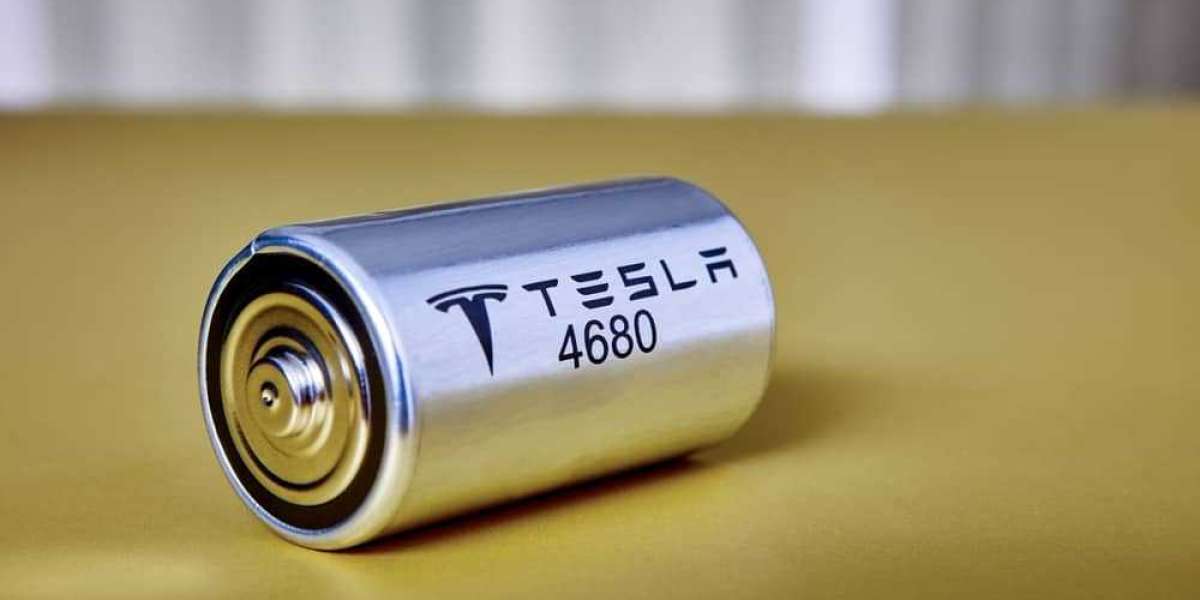Understanding 18650 Lithium Batteries
What are 18650 Batteries?
The 18650 battery is a cylindrical lithium-ion rechargeable battery. The name "18650" stands for its dimensions, with an 18mm diameter and 65mm length. These batteries are commonly used in various devices, from flashlights to laptops.
The Benefits of 18650 Batteries
High Energy Density
18650 batteries offer a high energy density, meaning they can store a significant amount of energy in a compact size. This makes them ideal for portable electronics.
Long Lifespan
One of the key advantages of 18650 batteries is their long lifespan. They can endure hundreds of charge cycles before needing replacement.
Potential Safety Hazards
Overheating and Thermal Runaway
18650 batteries can overheat and enter a state of thermal runaway if not used or charged properly. This can lead to fires or explosions.
Short Circuits
Short circuits can occur if the battery's positive and negative terminals come into contact with a conductive material, leading to dangerous situations.
Safe Handling and Storage
Avoid Extreme Temperatures
18650 batteries should be stored and operated within recommended temperature ranges to prevent thermal issues.
Use Battery Cases
When not in use, store 18650 batteries in protective cases to prevent physical damage or short circuits.

Charging Best Practices
Use Manufacturer-Recommended Chargers
Always charge 18650 batteries with chargers recommended by the manufacturer to prevent overcharging or undercharging.
Avoid Overcharging
Overcharging can damage the battery and pose safety risks. Disconnect the battery once it's fully charged.
Identifying Counterfeit Batteries
Verify Authenticity
Purchase 18650 batteries from reputable sources and be cautious of counterfeit products that may lack safety features.
Recycling and Disposal
Environmentally Responsible Disposal
When it's time to retire your 18650 batteries, ensure they are properly recycled to minimize environmental impact.
Source: https://18650canada.ca/
Source: https://en.wikipedia.org/wiki/Lithium-ion_battery
Conclusion
18650 lithium batteries have transformed the way we power our devices, offering high energy density and long lifespans. However, ensuring safety is paramount. By understanding their potential hazards, following safe handling and charging practices, and being vigilant against counterfeit products, you can harness the power of 18650 batteries safely and responsibly.
FAQs
Are 18650 batteries safe to use in everyday devices?
Yes, when used correctly and responsibly, 18650 batteries are safe for use in a wide range of devices.
What should I do if my 18650 battery gets damaged or punctured?
If you notice damage to your 18650 battery, discontinue use immediately and follow proper disposal procedures.
Can I use any charger to charge my 18650 battery?
It's essential to use a charger recommended by the battery manufacturer to ensure safe charging.
How can I identify counterfeit 18650 batteries?
Look for authentication features and purchase batteries from reputable sellers.
What is the proper way to recycle 18650 batteries?
Contact your local recycling center or battery disposal facility for guidance on recycling lithium batteries.



